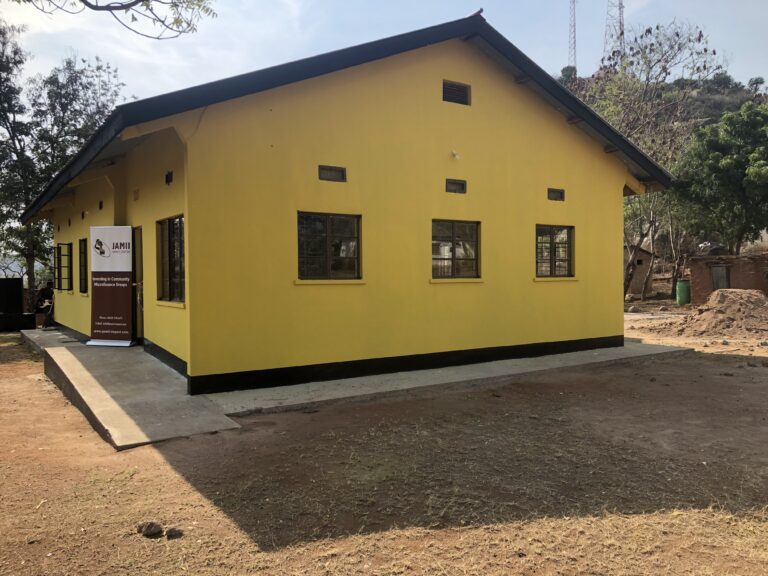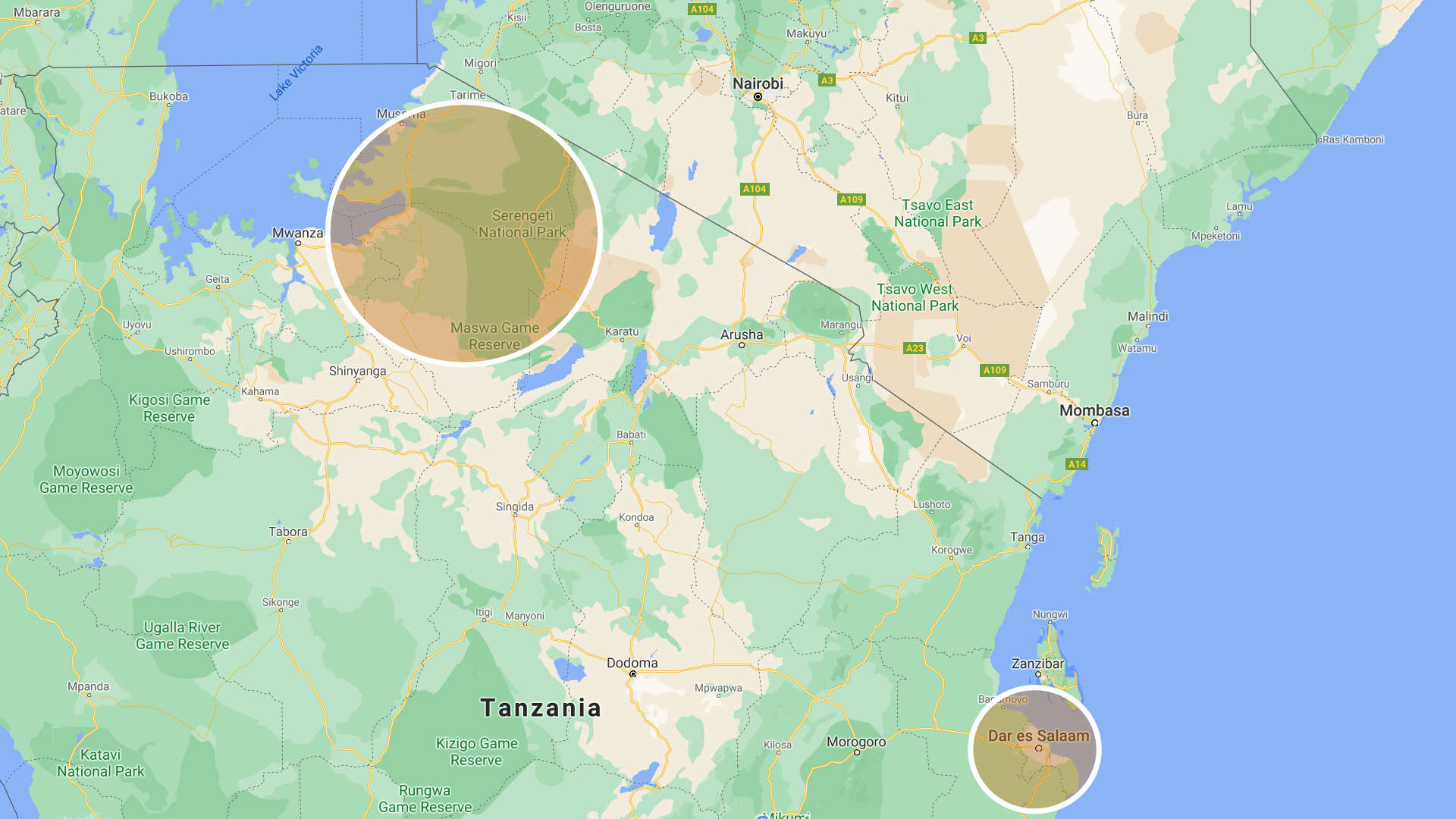About Tanzania
The United Republic of Tanzania is located in East Africa and shares boarders with Kenya, Uganda, Rwanda, Burundi, the Democratic Republic of the Congo, Zambia, Malawi, and Mozambique. Dodoma is the capital; Dar es Salaam is the major commercial city. While Swahili is the national language, it is also the official language together with English. However, over 158 other local languages are also spoken in the country.
Africa’s highest peak, Mount Kilimanjaro, is located in the northeast of Tanzania. Lake Tanganyika, which is the continent’s deepest lake is situated on the western border. Serengeti National Park, the Ngorongoro Conservation Area and Crater (UNESCO World Heritage Listed) as well as Lake Victoria – the largest lake in Africa – to name just a few, are all located within Tanzania or at its borders.
Source: tanzania.go.tz
Tanzania Economic Outlook – Excerpts from the African Development Bank Group (ADBG) Analysis
“Macroeconomic performance and outlook
Real GDP growth was estimated at 6.8% in 2019, down slightly from 7% in 2018. A markedly diversified economy, characterized by robust private consumption, substantial public spending, strong investment growth, and an upturn in exports underpinned the positive outlook. Tourism, mining, services, construction, agriculture, and manufacturing are notable sectors. Growth was projected to be broadly stable at 6.4% in 2020 and 6.6% in 2021 (revised figures due to the global COVID-19 pandemic suggest a growth of 5,5%), subject to favourable weather, prudent fiscal management, mitigation of financial sector vulnerabilities, and implementation of reforms to improve the business environment.

Inflation fell to an estimated 3.3% in 2019 from 3.6% in 2018 due to an improved food supply. The Tanzanian shilling was fairly stable in 2019, exchanging at an average of 2,290 to the dollar, compared with 2,263 in 2018. The fiscal deficit, financed mainly by concessional external debt, stood at 2.0% of GDP in 2019, up from 1.3% in 2018, and is projected to stabilize at 1.9% in 2020 and 2.2% in 2021. External public debt—63% of it concessional—constituted 70.4% of total public debt in 2019. The current account deficit slightly widened to 3.4% of GDP in 2019 from 3.3% in 2018.
Our Location
JAMII IMPACT´s headquarters are in Butiama, a small town in the north west of Tanzania in Mara Region. Our headquarter lies on the eastern shore of Lake Victoria, close to the international borders of Tanzania with Kenya and Uganda.

Our Geographical Coverage
Apart from the Mara Region, JAMII IMPACT serves its clients throughout the country – currently we are also working with groups in Dar es Salaam and investigate into the regions of Arusha and Kilimanjaro.

